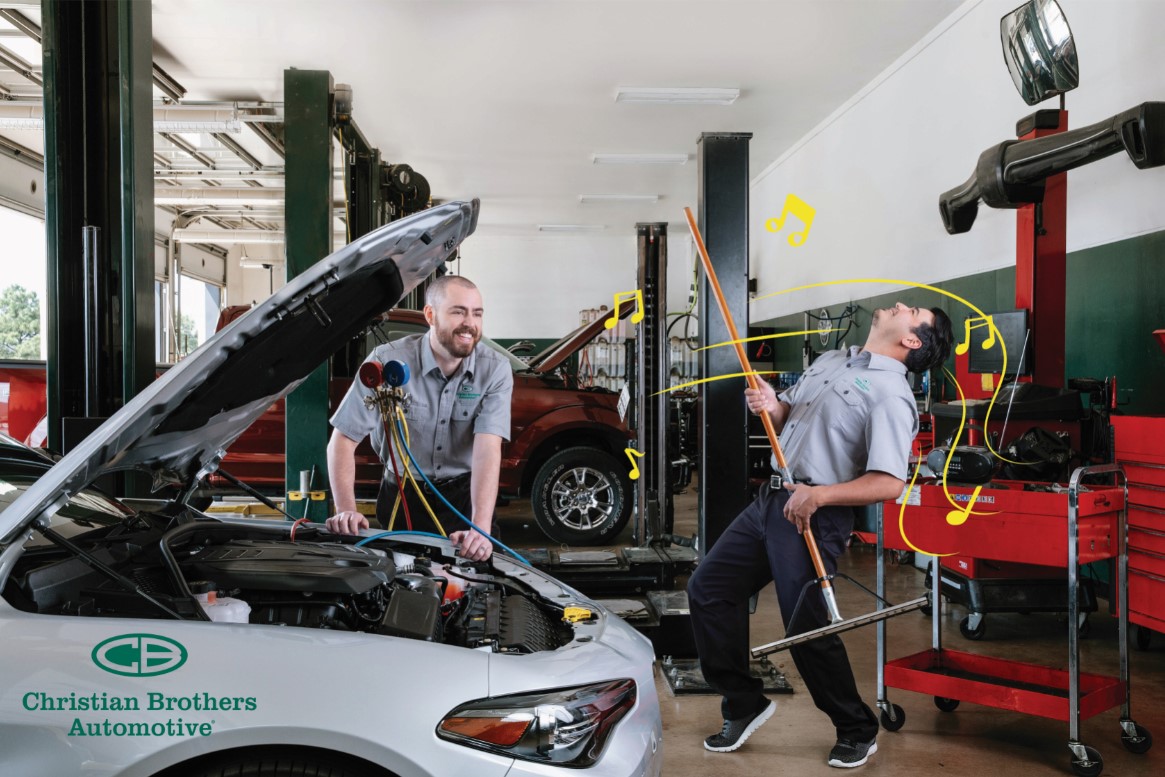Featured

[/image]
Routine engine tune-ups are necessary for keeping your lorry's performance, improving gas efficiency, and extending its life expectancy. Whether you're a skilled cars and truck owner or a newbie, recognizing the crucial elements of an engine tune-up can help you maintain your cars and truck running smoothly for several years. Right here are some important ideas to lead you via the procedure.
- Modification the Glow Plugs. Trigger plugs are tiny however magnificent components that play a critical duty in sparking the fuel-air mix in your engine. With time, they can wear or end up being fouled, resulting in poor engine efficiency, decreased fuel efficiency, and tough begins.
During a tune-up, check your trigger plugs for wear and change them as needed. For many automobiles, spark plugs should be replaced every 30,000 to 100,000 miles, depending on the type and product. Fresh trigger plugs make certain effective burning and smoother engine operation.
- Check and Replace the Air Filter. The air filter is your engine's very first line of protection versus dust, particles, and various other pollutants. A clogged up or unclean air filter can limit air flow, causing your engine to function tougher and consume even more fuel.
Examine your air filter during a tune-up and replace it if it's filthy or past its preferred service period. A tidy air filter boosts engine effectiveness and enhances gas economy.
- Check the Gas System. Over time, your gas system can gather dust and carbon down payments, reducing engine performance and fuel effectiveness. Cleaning the fuel injectors and gas lines during a tune-up helps keep appropriate fuel delivery and combustion.
You can use a fuel system cleaner or have a specialist mechanic carry out an extra complete cleansing. This action is especially valuable for older automobiles or autos often driven in stop-and-go traffic.
- Evaluate the Belts and Hoses. Belts and pipes are vital for various engine features, such as running the alternator, water pump, and a/c. During a tune-up, check for splits, fraying, or indicators of wear on these parts.
Replace any kind of worn-out belts and pipes to stop prospective malfunctions. A broken belt or leaking pipe can bring about engine getting too hot or loss of power, so attending to these concerns promptly is vital.
- Change the Engine Oil and Oil Filter. Engine oil is important for lubricating moving parts, minimizing friction, and managing engine temperature level. In time, oil becomes contaminated and loses its efficiency.
As part of a tune-up, change the engine oil and oil filter. Utilize the kind of oil advised by your lorry's maker and stay with the suggested modification intervals. Clean oil keeps your engine running efficiently and protects against premature wear.
- Check the Battery and Charging System. A healthy and balanced battery is vital for starting your auto and powering its electrical systems. During a tune-up, check the battery's voltage and examine the terminals for corrosion. Tidy the terminals if required and guarantee a safe link.
Additionally, test the generator and charging system to ensure your battery remains billed during procedure. If your battery is weak or old, think about changing it to prevent unforeseen failures.
- Flush and Refill the Coolant. The cooling system manages your engine's temperature, avoiding it from overheating. Old or contaminated coolant can lose its efficiency, causing potential engine damages.
During a tune-up, flush the old coolant and change it with a fresh mixture. Likewise, evaluate the radiator, thermostat, and hose pipes for leakages or damage. Keeping the cooling system in excellent condition guarantees your engine operates at the best temperature.

- Address Warning Lights and Unusual Symptoms. Modern automobiles are geared up with diagnostic systems that inform you to potential problems with dashboard caution lights. If your check engine light or any type of various other advising indications get on, address them during your tune-up.
Additionally, take note of unusual symptoms such as weird noises, harsh idling, or lowered gas effectiveness. A specialist auto mechanic can diagnose and fix these issues throughout the tune-up procedure.
- Do Not Forget the Exhaust System. Your vehicle's exhaust system gets rid of hazardous gases from the engine and makes sure appropriate emissions. Evaluate the exhaust system for leaks, corrosion, or damages throughout a tune-up. A faulty exhaust system can influence engine efficiency and lead to ecological and safety problems.
- Use High-Quality Parts and Fluids. When replacing components or rounding off liquids throughout a tune-up, always select high-quality items that fulfill your lorry's specs. Utilizing substandard parts or inaccurate fluids can adversely influence your engine's efficiency and durability.
Verdict: Routine Tune-Ups Are Key to Engine Health. Making the effort to tune up your engine guarantees it operates effectively, conserves gas, and reduces the threat of break downs. Whether you carry out these tasks on your own or count on a relied on auto mechanic, regular tune-ups are a financial investment in your automobile's reliability and longevity. Adhere to these ideas, and you'll delight in a smoother, more reliable trip for several years to come.
Latest Posts
Learn About Brake Repair & More: Full Repair Options from Montclare Auto Repair
Find Out Cut Costs on Car Maintenance with Montclare Auto Repair’s Special Deals
Identifying When Your Car Needs Skilled Auto Repair at Montclare Auto Repair
More
Latest Posts
Learn About Brake Repair & More: Full Repair Options from Montclare Auto Repair
Find Out Cut Costs on Car Maintenance with Montclare Auto Repair’s Special Deals
Identifying When Your Car Needs Skilled Auto Repair at Montclare Auto Repair